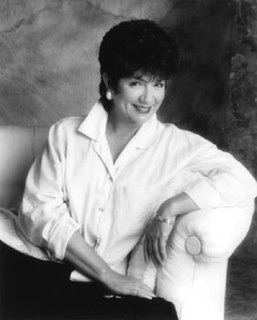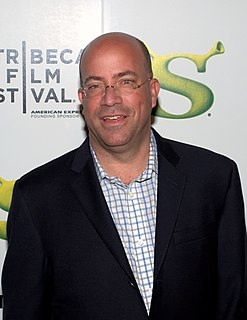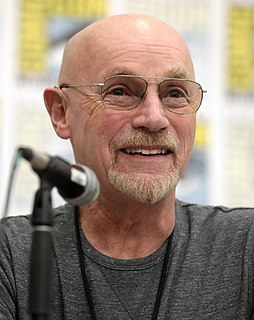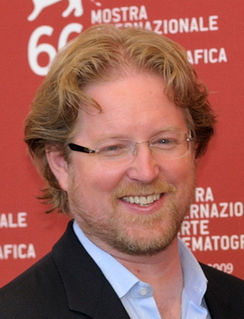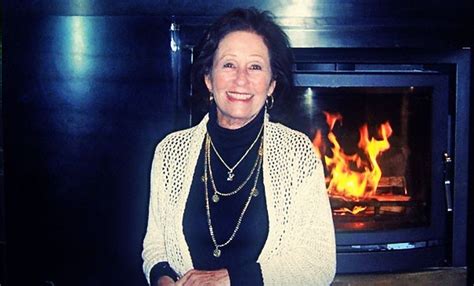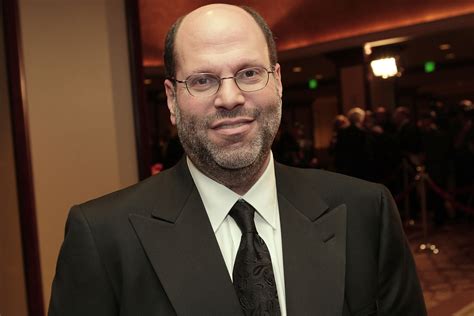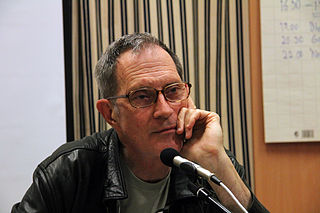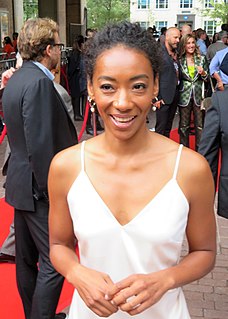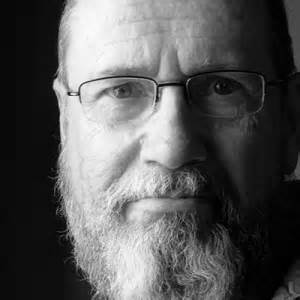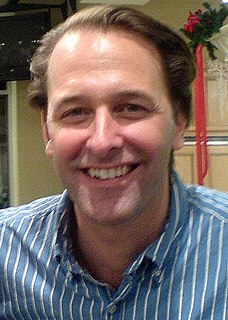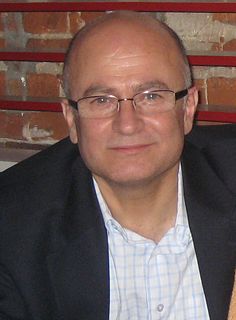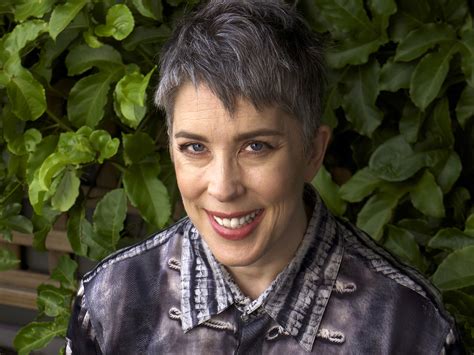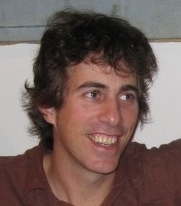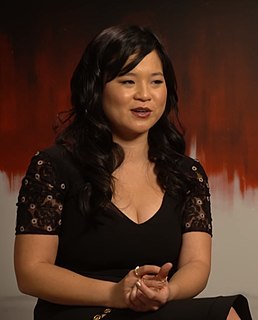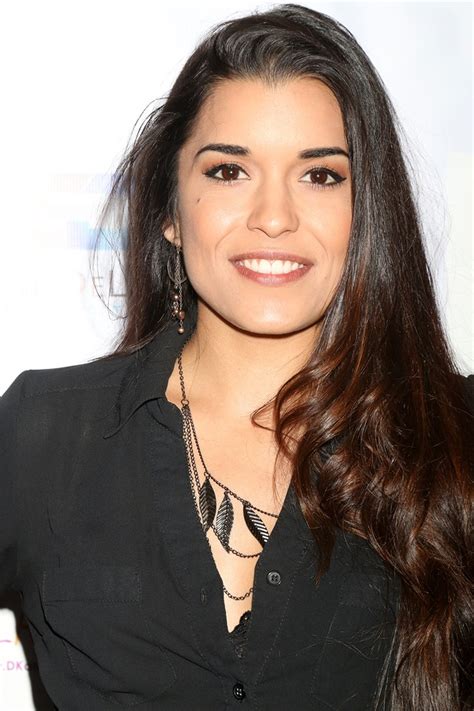Top 1200 Untold Stories Quotes & Sayings - Page 16
Explore popular Untold Stories quotes.
Last updated on December 23, 2024.
There is humanist enterprise of the book, and amongst that there are many, many stories. And that is why at the end, when he says that the stories are so illuminating that they must be engraved and encased in gold and put in the palace library, the people who compile the book are telling us that this is a collection of human wisdom.
I was being brought up on peasant stories; my mother came from Europe and she'd been a peasant and that was the area where the Frankensteins and the Draculas came from and it was entertainment for the people. Nobody had TV, and that was the way peasants would entertain themselves, by telling these stories.
Literature for me… tries to heal the harm done by stories. (How much harm? Most of the atrocities of history have been created by stories, e.g., the Jews killed Jesus.) I follow Sartre that the freedom the author claims for herself must be shared with the reader. So that would mean that literature is stories that put themselves at the disposal of readers who want to heal themselves. Their healing power lies in their honesty, the freshness of their vision, the new and unexpected things they show, the increase in power and responsibility they give the reader.
In a pure anonymous encounter you find a world alive and full of character. In New York, the street adventures are incredible. There are a thousand stories in a single block. You see the stories in people's faces. You hear the songs immediately. Here, in Los Angeles, there are fewer characters because they are all inside automobiles.
Through my time in the military and my deployments, I have recognized the importance of having a Commander in Chief who will not only go after those who threaten the safety and security of the American people, but who will also exercise good judgment and foresight in stopping these failed interventionist wars of regime change that have cost our country so much in human lives, untold suffering, and trillions of dollars.
I started writing because I wanted to write scripts, but I wasn't very good at it. Then I started writing short stories, sort of as treatments for the film scripts, and I found I enjoyed writing short stories far more than I enjoyed writing film scripts. Then the short stories got longer and longer and suddenly, I had novels.
I grew up in Sierra Leone, in a small village where as a boy my imagination was sparked by the oral tradition of storytelling. At a very young age I learned the importance of telling stories - I saw that stories are the most potent way of seeing anything we encounter in our lives, and how we can deal with living.
I have found that the person with a sense of story built in from childhood is in better shape than one who has not had stories . . One knows what stories can do, how they can make up worlds and transpose existence into these worlds. . . .One learns that worlds are made by words and not only by hammers and wires.
If throughout your life you abstain from murder, theft, fornication, perjury, blasphemy, and disrespect toward your parents, church, and your king, you are conventionally held to deserve moral admiration even if you have never done a single kind, generous or useful action. This very inadequate notion of virtue is an outcome of taboo morality, and has done untold harm.
We read novels because we need stories; we crave them; we can’t live without telling them and hearing them. Stories are how we make sense of our lives and of the world. When we’re distressed and go to therapy, our therapist’s job is to help us tell our story. Life doesn’t come with plots; it’s messy and chaotic; life is one damn, inexplicable thing after another. And we can’t have that. We insist on meaning. And so we tell stories so that our lives make sense.






